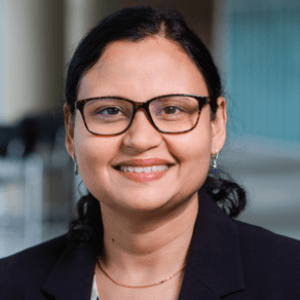Abstract:
Ovarian cancer is the leading cause of gynecological malignancy-related deaths. Current therapies for ovarian cancer do not provide meaningful and sustainable clinical benefits, highlighting the need for new therapies. We show that the histone H3K79 methyltransferase disruptor of telomeric silencing 1-like (DOT1L) is overexpressed in ovarian cancer and that a higher level of DOT1L expression correlates with shorter progression-free and overall survival (OS). Pharmacological inhibition of DOT1L (EPZ-5676, EPZ004777, and SGC0946) or genetic inhibition of DOT1L attenuates the growth of ovarian cancer cells in cell culture and in a mouse xenograft model of ovarian cancer. Transcriptome-wide mRNA expression profiling shows that DOT1L inhibition results in the downregulation of genes involved in cellular biosynthesis pathways and the upregulation of proapoptotic genes. Consistent with the results of transcriptome analysis, the unbiased large-scale metabolomic analysis showed reduced levels of several metabolites of the amino acid and nucleotide biosynthesis pathways after DOT1L inhibition. DOT1L inhibition also resulted in the upregulation of the NKG2D ligand ULBP1 and subsequent increase in natural killer (NK) cell-mediated ovarian cancer eradication. Collectively, our results demonstrate that DOT1L promotes ovarian cancer tumor growth by regulating apoptotic and metabolic pathways as well as NK cell- mediated eradication of ovarian cancer and identifies DOT1L as a new pharmacological target for ovarian cancer therapy.




